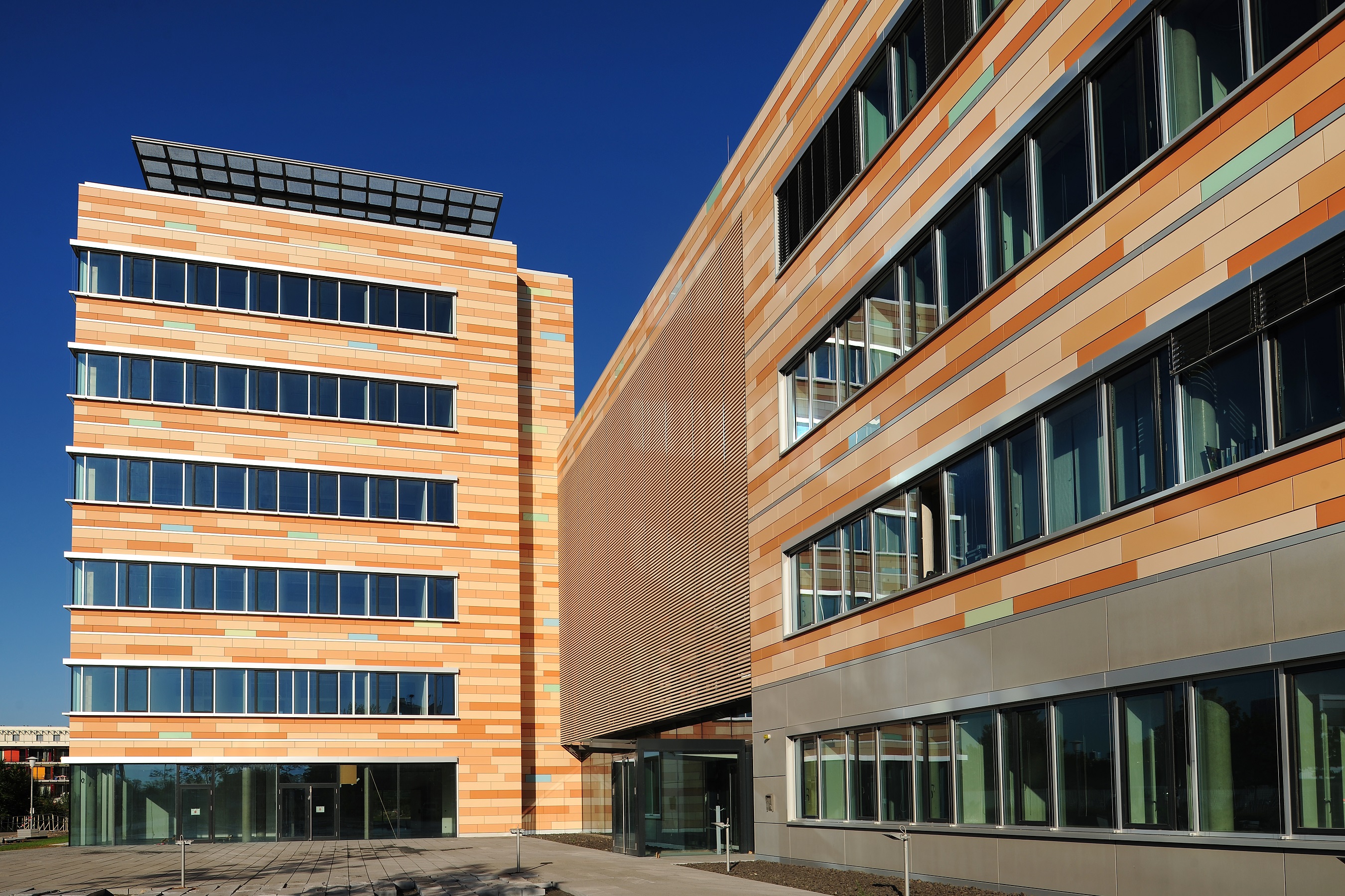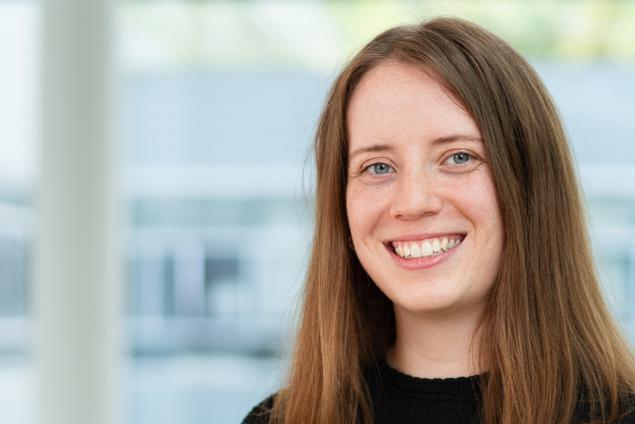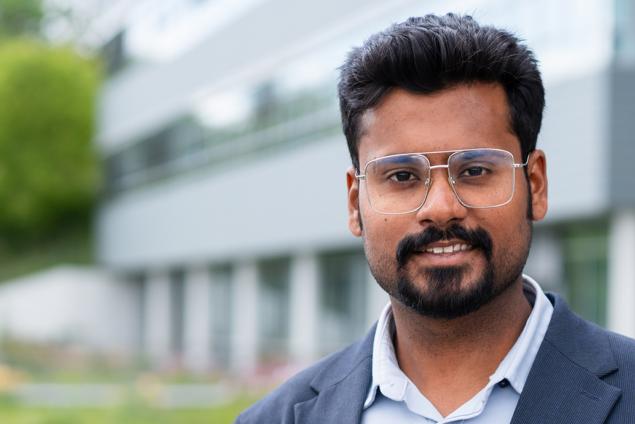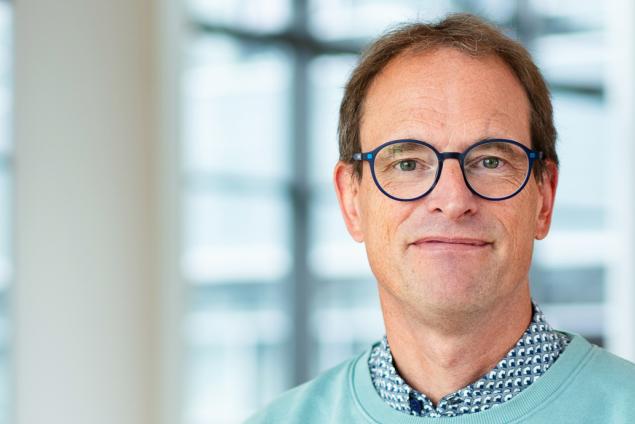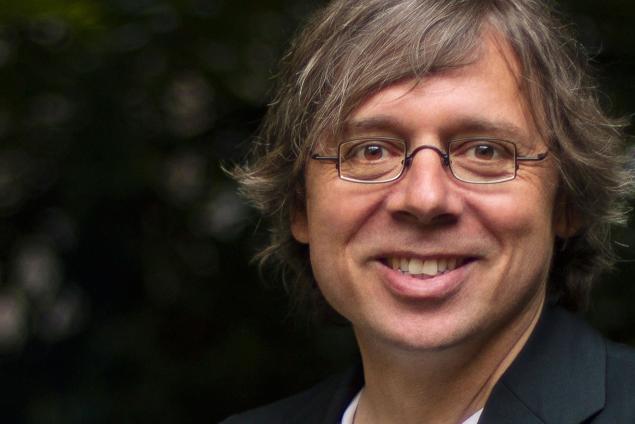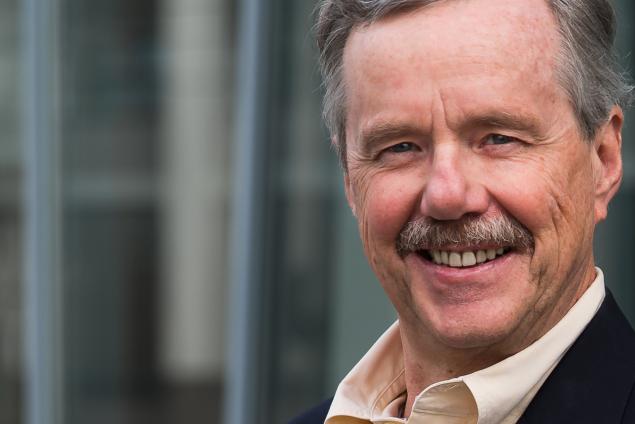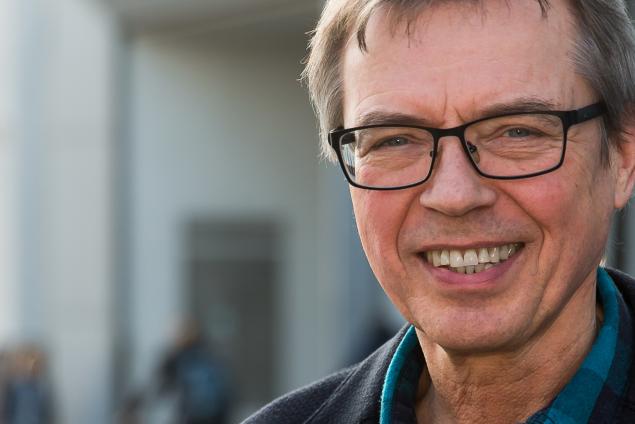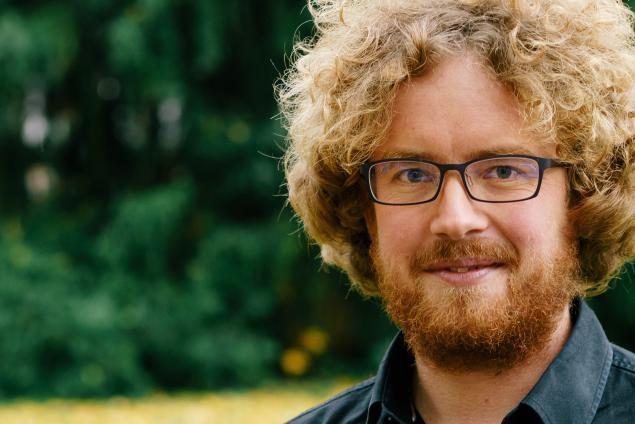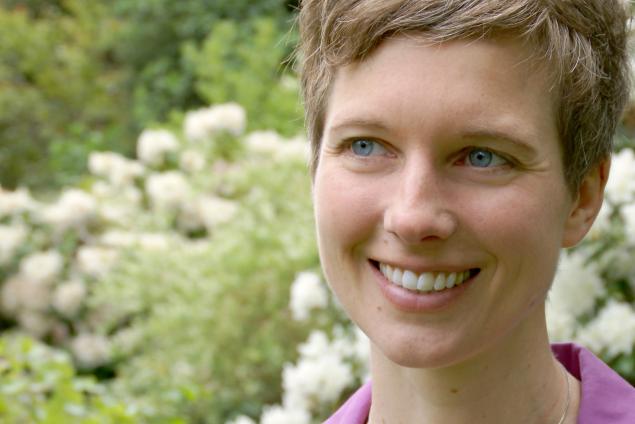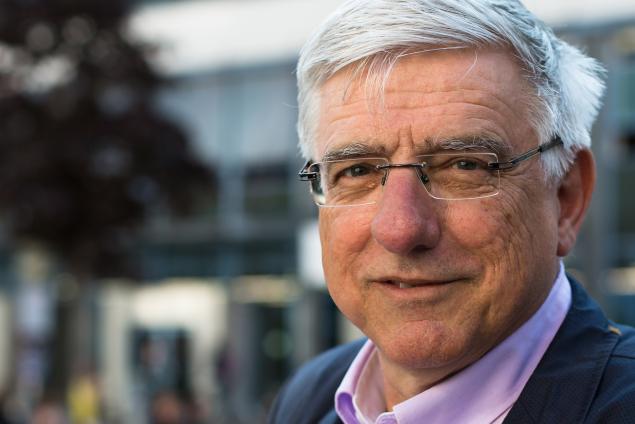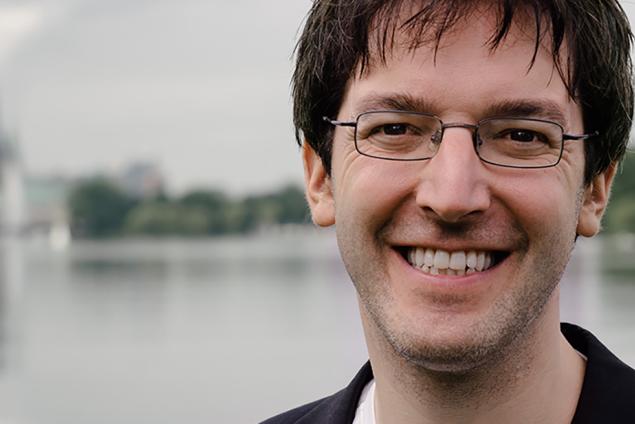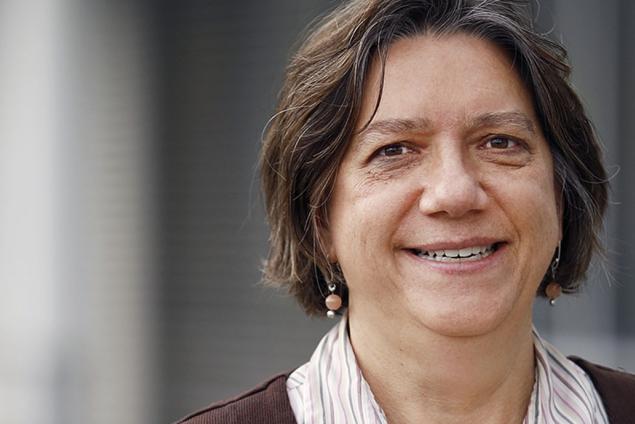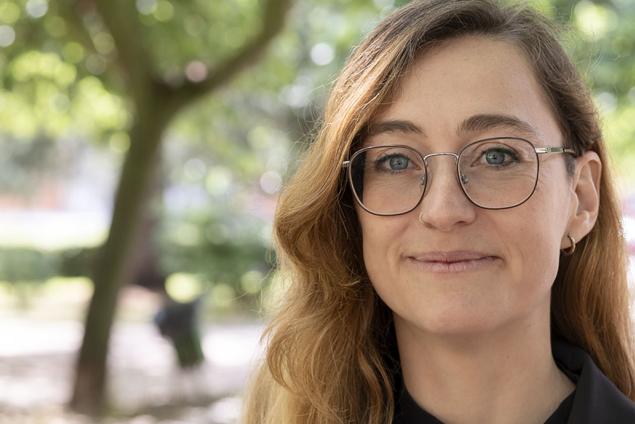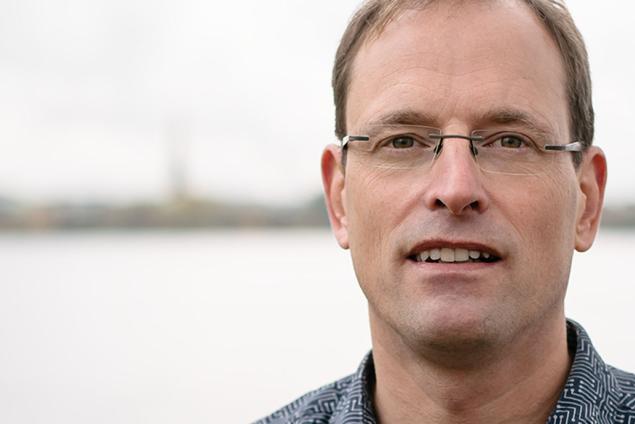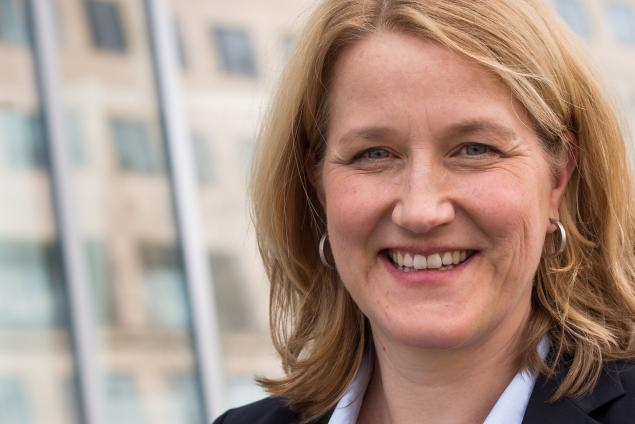Mankind is increasingly polluting the atmosphere across the planet. The research detailed in this video is interested in the questions of how this pollution is generated and how it affects the health of people. The investigators found, as JOS LELIEVELD explains, that air pollution leads to millions of premature deaths since it causes, for instance, fatal cerebrovascular and respiratory diseases. The researchers also identified a variety of natural and human sources for this pollution, such as ammonia emissions through agriculture in Europe or the widespread use of cooking fires in South East Asia. Their findings indicate means by which air pollution could effectively be reduced worldwide.
DOI:
https://doi.org/10.21036/LTPUB10393
Researcher
Jos Lelieveld is Director of the Atmospheric Chemistry Department at the Max Planck Institute for Chemistry as well as Professor of Atmospheric Physics at the University of Mainz. He acts as Spokesperson of the International Max Planck Graduate School and is a life member of the European Geosciences Union. His research interest includes a focus on global and regional atmospheric chemistry, air quality and climate change. In 2015, he was elected Member of the German National Academy of Sciences Leopoldina.
Institution
The current research at the Max Planck Institute for Chemistry (MPIC) aims at an integral understanding of chemical processes in the Earth system, especially in the atmosphere and biosphere. Investigations address a wide range of interactions between air, water, soil, life and climate in the course of Earth history up to today´s human-driven epoch, the Anthropocene. The Max Planck Institute for Chemistry is one of the two oldest institutes of the Max Planck Society. It was founded in 1912 as the Kaiser Wilhelm Institute for Chemistry in Berlin, and it was relocated to Mainz in 1949. Particularly well-known scientists in the Institute´s history are the Nobel laureates Richard Willstätter, Otto Hahn, and Paul Crutzen. Our scientists conduct laboratory experiments, collect samples and record measurement data during field campaigns utilizing airplanes, ships, and vehicles. The practical work is complemented with mathematical models that simulate chemical, physical, and biological processes from molecular to global scales. One of the major goals is to find out how air pollution, including reactive trace gases and aerosols, affect the atmosphere, biosphere, climate, and public health.
Original publication
The Contribution of Outdoor Air Pollution Sources to Premature Mortality on a Global Scale
Lelieveld Jos, Evans John, Fnais Mohamed, Giannadaki Despina and Pozzer Andrea
Nature
Published in 2015
